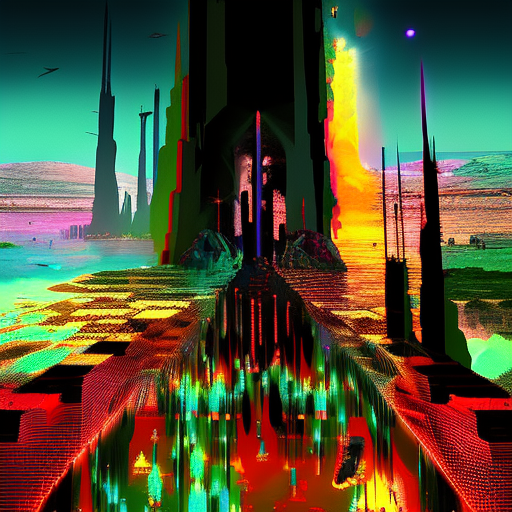One-line Summary:
The Republic by Plato is a philosophical treatise that explores the nature of justice, the ideal state, and the role of the philosopher-king.
Introduction:
The Republic, written by the ancient Greek philosopher Plato, is one of the most influential works in the history of philosophy. It is a Socratic dialogue that delves into various topics, including justice, the nature of the soul, and the ideal state. Through the voice of his mentor Socrates, Plato presents a vision of an ideal society governed by philosopher-kings. The book is divided into ten books, each addressing different aspects of the ideal state and the philosophical principles underlying it.
The Nature of Justice:
Plato begins by examining the nature of justice and its role in creating a harmonious society. He argues that justice is not simply a matter of personal gain or the enforcement of laws, but rather the proper ordering of the soul. According to Plato, a just individual possesses a well-balanced soul with reason ruling over the appetites and emotions. Similarly, a just society is one in which each individual fulfills their appropriate role based on their natural abilities and talents.
The Ideal State:
Plato goes on to describe his vision of the ideal state, which he believes can only be achieved through the rule of philosopher-kings. These philosopher-kings are individuals who have undergone rigorous intellectual and moral training, enabling them to possess true knowledge and wisdom. In Plato’s view, only those who have a deep understanding of the Forms, the eternal and unchanging ideals, can govern effectively and make decisions that benefit the entire society.
Plato argues that the ideal state should be divided into three classes: the rulers, the auxiliaries, and the producers. The rulers, or philosopher-kings, are responsible for governing and making decisions based on their knowledge of the Forms. The auxiliaries, consisting of warriors and guardians, protect the state and enforce the laws. The producers, comprising the majority of the population, engage in agriculture, industry, and commerce to ensure the material needs of the society are met.
The Allegory of the Cave:
One of the most famous passages in The Republic is the Allegory of the Cave. Plato uses this allegory to illustrate the journey of the philosopher and the nature of reality. He describes a group of prisoners who have been chained inside a dark cave since birth, facing a wall. Behind them, a fire casts shadows on the wall, and the prisoners mistake these shadows for reality. When one of the prisoners is freed and exposed to the outside world, he realizes that the shadows were mere illusions and that there is a higher truth beyond the cave.
Plato suggests that the philosopher is like the prisoner who escapes the cave and ascends to the realm of the Forms, where he encounters the ultimate truth. The philosopher’s role is to return to the cave and enlighten the other prisoners, leading them out of ignorance and towards the pursuit of knowledge and wisdom.
Key Takeaways:
- Justice is not merely a matter of laws and personal gain but the proper ordering of the soul.
- The ideal state is governed by philosopher-kings who possess true knowledge and wisdom.
- The Allegory of the Cave illustrates the journey of the philosopher and the pursuit of truth.
Memorable Quote:
“Until philosophers are kings, or the kings and princes of this world have the spirit and power of philosophy, and political greatness and wisdom meet in one, and those commoner natures who pursue either to the exclusion of the other are compelled to stand aside, cities will never have rest from their evils.” – Plato
In The Republic, Plato presents a compelling argument for the importance of justice and the role of the philosopher-king in creating an ideal society. He challenges conventional notions of governance and encourages the pursuit of knowledge and wisdom. The Allegory of the Cave serves as a powerful metaphor for the philosopher’s journey and the transformative power of enlightenment. Overall, The Republic continues to provoke thought and debate on the nature of justice, the ideal state, and the purpose of philosophy in society.












